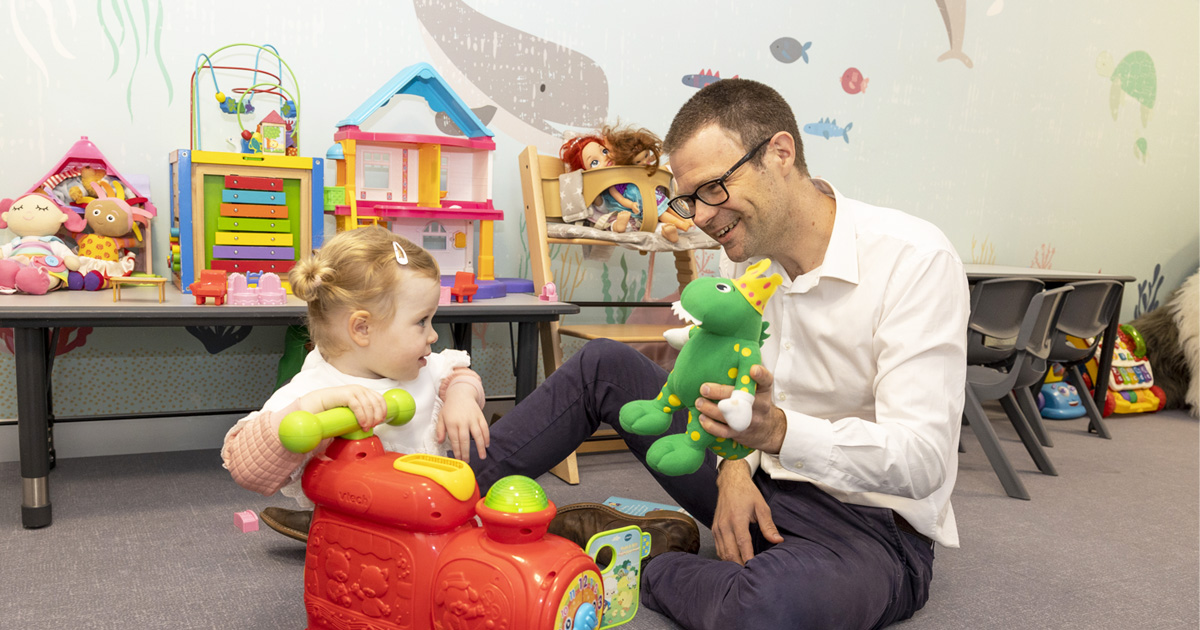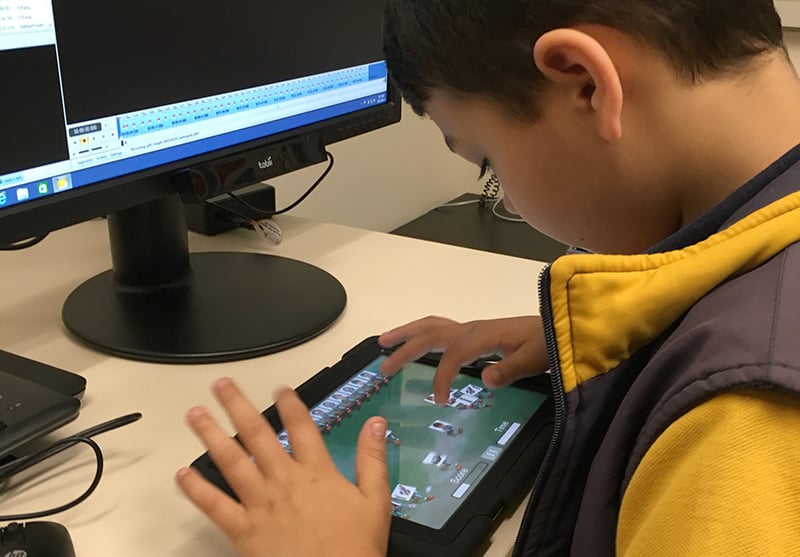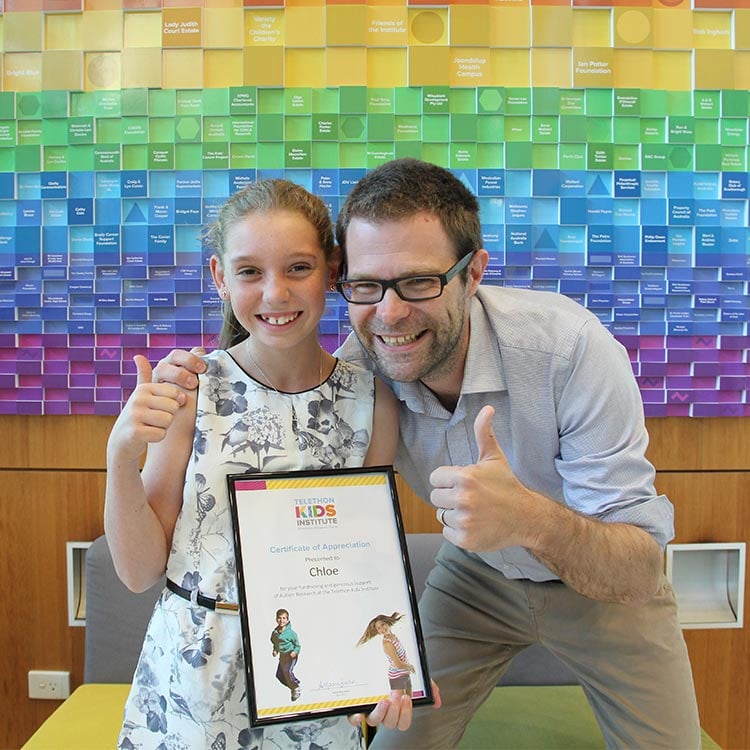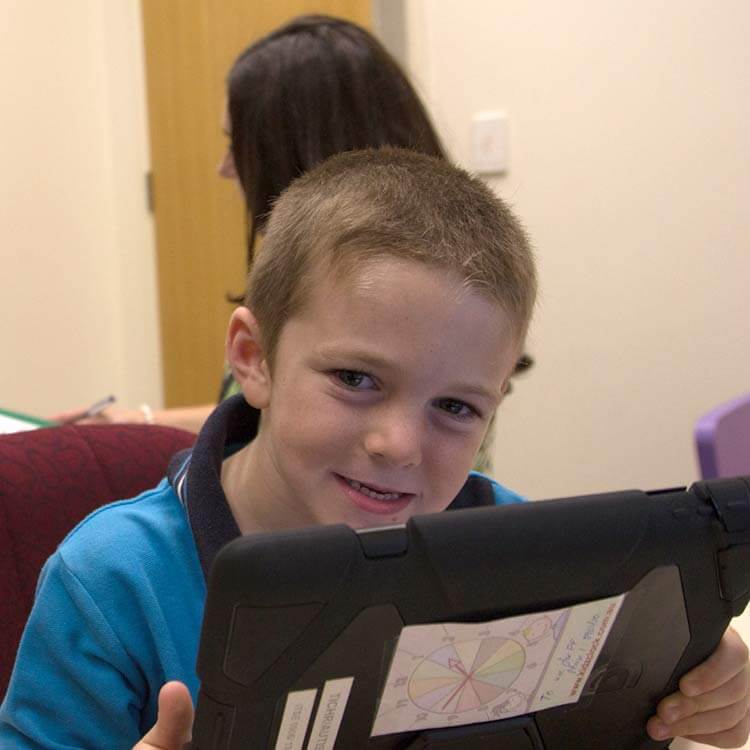Search

News & Events
Renowned Autism Researcher named Western Australian of the YearAutism researcher Professor Andrew Whitehouse has been named this year’s Western Australian of the Year in the HBF Professions category.

News & Events
The Kids welcomes Federal Government’s commitment to early supportThe Kids Research Institute Australia welcomes today’s Federal Government announcement of a new pilot program to support babies showing early social communication differences in Western Australia.

News & Events
Frankie and Friends appResearchers at The Kids Research Institute Australia and University of Western Australia have recently published data describing the use of an attention training game designed for school-aged children diagnosed with autism spectrum disorder (ASD).

News & Events
The Kids researchers finalists in Premier’s Science AwardsThe Kids Research Institute Australia has two researchers and an innovative science engagement initiative as finalists in the 2017 Premier’s Science Awards.

News & Events
Fundraising star: Chloe (11) Bakes for Autism ResearchChloe recently decided to bake cupcakes to sell to her school friends and teachers and it was all for a cause very close to her heart - autism research.

News & Events
Australia’s first Autism Biobank to help improve early diagnosesA world leading Autism biobank has been officially launched in Australia today by the Minister for Health, the Hon Sussan Ley.

News & Events
Professor Andrew Whitehouse on ABC720Autism researcher Professor Andrew Whitehouse was on 720 ABC Perth yesterday taking questions on child health.
News & Events
Autism research innovator shortlisted for Eureka PrizeDr Andrew Whitehouse from Perth's Telethon Institute for Child Health Research shortlisted as a finalist for the prestigious 2012 Australian Museum Eureka Prize
Research
Unpacking the complex nature of the autism epidemicThe etiology of autism spectrum disorders is unknown but there are claims of increasing prevalence in many countries.
Research
Do children with autism 'switch off' to speech sounds? An investigation using event-related potentialsAutism is a disorder characterized by a core impairment in social behaviour. A prominent component of this social deficit is poor orienting to speech.
